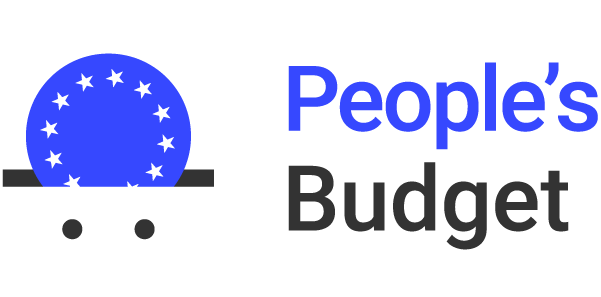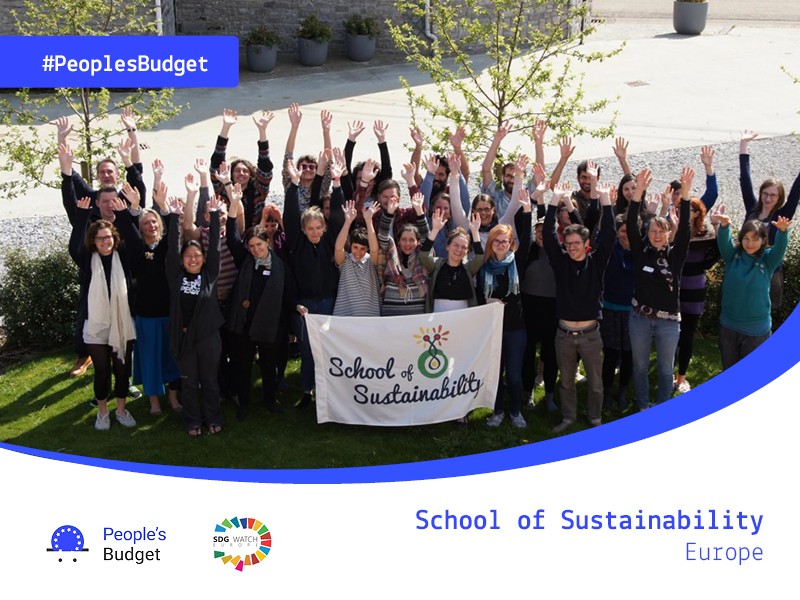
We’re asking this question of stakeholders involved in the design and implementation of the next EU budget, in order to back up our proposals about what a People’s Budget for Europe after 2020 should look like. What do you say?
-
 “The European Union funded ‘School of Sustainability’ project has supported innovative and impactful educational and outreach activities, contributing to a strong and independent civil society in more than 20 countries. Tens of thousands of people have taken part in seminars, summer camps, and practical workshops, which have tackled environmental justice issues, and created opportunities for collective action on issues that matter to people from the local to the global scale. In the context of shrinking space for civil society, the project has also delivered capacity building on how to work with communities disproportionately impacted by social and environmental injustice.”
“The European Union funded ‘School of Sustainability’ project has supported innovative and impactful educational and outreach activities, contributing to a strong and independent civil society in more than 20 countries. Tens of thousands of people have taken part in seminars, summer camps, and practical workshops, which have tackled environmental justice issues, and created opportunities for collective action on issues that matter to people from the local to the global scale. In the context of shrinking space for civil society, the project has also delivered capacity building on how to work with communities disproportionately impacted by social and environmental injustice.” -
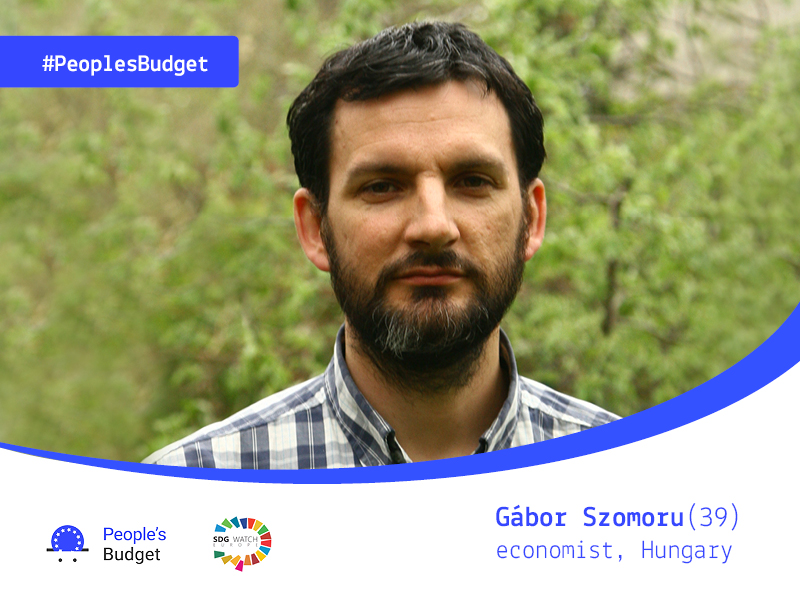
“Agricultural spending is continuously decreasing in the EU budget, but I think there is still too much money spent to subsidise our agricultural sector. Competitiveness is treated as a good thing, but if our subsidised products are sold in third world countries where the local agricultural economy is dying as a result of EUs financial support on its products, it could be very harmful. As the world is facing the challenge of migration it is not a good policy to fuel this trend with a wrong financial policy. The amount of food wasted in the EU is also a warning sign that we produce much more food than necessary and that we waste public money.
The EU should also stand up against tax havens inside and outside Europe. No company should be allowed to operate within the EU if they do not duly pay taxes here – no matter if that is enabled through legislative loopholes in some Member States, or by fuzzy ownership structures of companies that enables them to hide their revenues in offshore entities.”
-
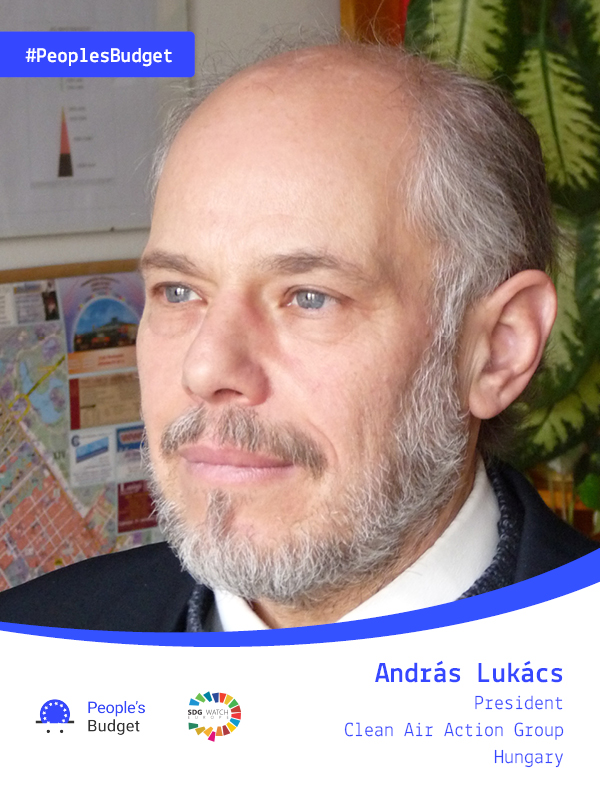
“The national policies in EU member states often run counter to the aims of EU funding. For example, Hungary receives each year EU funding equalling to about 4 percent of its GDP, and a part of this funding is used for environmental purposes. However, at the same time, there are enormous subsidies in Hungary (as in most countries) to environmentally harmful activities. Just to mention one of them: the Hungarian state loses each year a tax revenue equalling to about 4 percent of the GDP due to the fact that the private use of cars is often accounted for as company use. We can only imagine how far national policies and supportive EU funding could go in achieving environmental objectives, if they were aligned in the same direction. The future EU budget should ensure that, and stop the current wasteful practice!“
-
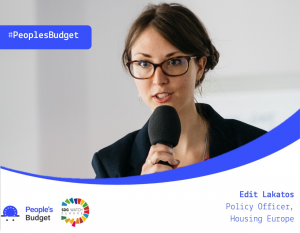
” The upcoming EU financial programming period will be decisive for the future of Europe. The EU should make the Cohesion Policy as inclusive as possible, delivering the means needed to address major European challenges, including housing. Affordable housing is an essential tool to address problems related to ageing, increasing segregation, climate change, or difficulties of young people to find job and affordable accommodation at the same time.
The Cohesion Policy provides opportunities to invest in these areas, and positive socio-economic and environmental results of projects are visible all over Europe. The Structural Funds do not only help to improve the quality of life of households through construction and renovation, but also support creating community centres, revitalising deprived neighbourhoods, organizing trainings for social housing tenants or preventing homelessness. Very importantly, all of these actions create jobs through direct and indirect employment as well.”
-
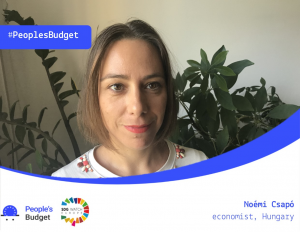
” I work in a multinational telecommunications company as an economist. Companies like ours are hit by special taxes introduced by the government to lower the general government deficit, which led to reduced consumer demand, investment, development and employment opportunities for companies. However, thanks to the European Union funding our company can invest in the expansion of infocommunication network, tools, services and competences, which at the end improve citizens’ quality of life, business competitiveness and state efficiency.
The high level of corruption compromise the efficient use of EU funds in many other areas though. Thus it is essential to reconsider the use of EU funds not only in Hungary, but also in other Member States to make the best use of EU money.”
-
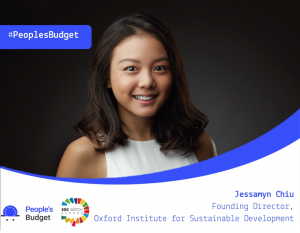
” The current EU MFF is extensive but should focus more on areas that add European value where individual governments would find it difficult to do so, such as coordinating a common migrant policy or a stronger climate policy. Climate mainstreaming also should not be limited to 25% but instead raised to 50% or more using ex-ante conditionalities embedded in all parts of the budget, linking all funds to the 8 principles governing sustainable development to ensure convergence of climate targets across the EU. Increased funds and support should also be allocated to aid the corporate sector’s sizable contribution to the transition to a low-carbon economy.
The budget should be financed using a greater proportion of Own Resources that mainstream sustainable development, such as the proposed plastic tax or other forms of taxation for environmentally unfriendly sectors, and national co-financing should be more prevalent to increase ownership in local or national problems. “
-
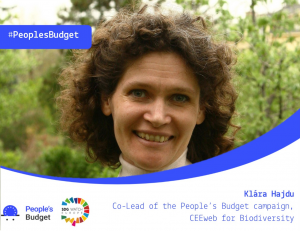
“ Making the EU budget sustainable is the core interest of all European tax payers, as it basically means stop wasting our money. Clearly it does not make much economic sense to invest in fighting climate change and continue funding fossil fuel investments, or subsidizing intensive agriculture that destroys wildlife, while also investing in restoring it as a precondition to our own well-being. Nevertheless, the current and proposed future EU budget is full of such incoherence. We must take a holistic approach and make the whole EU budget sustainability proof based on an indivisible set of sustainability principles. We cannot compromise social, environmental or even economic aspects of the EU spending and lending, as the short results will be lost in the long term repercussions. Incoherent policies only lead to growing social inequalities and the deepening ecological crisis, for which all Europeans are paying the price this way or the other.”
”
-
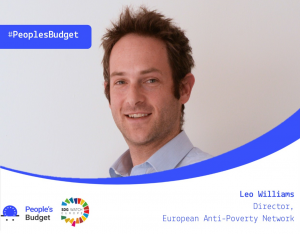
“ The MFF is of huge importance to people experiencing poverty and social exclusion throughout Europe, as it sets the political and spending priorities of the European Union for the years to come, and thus has a huge influence on the difference that Europe can make to their lives. The European Anti-Poverty Network is thus following the MFF process very closely, and we urge governments to prioritize the combat against poverty and social exclusion in the spending priorities, and to ensure that grassroots anti-poverty projects are able to access the funds – this would be a huge improvement on the current situation where many of our members, and members of members, are simply unable to access such funds which could make such a difference to the lives of the people experiencing poverty and social exclusion at the local level.”
